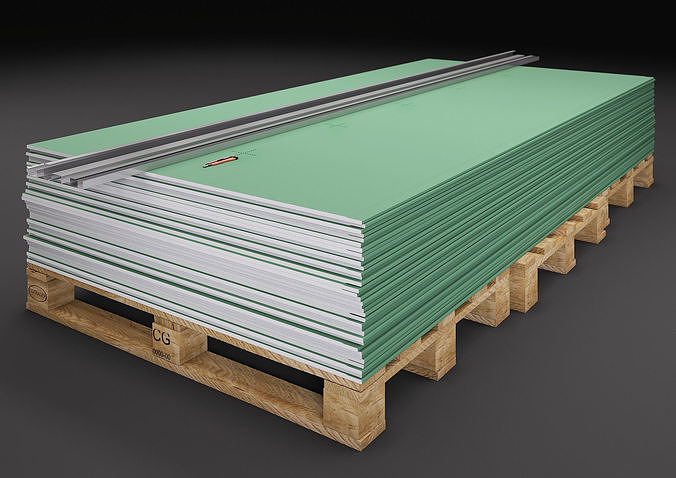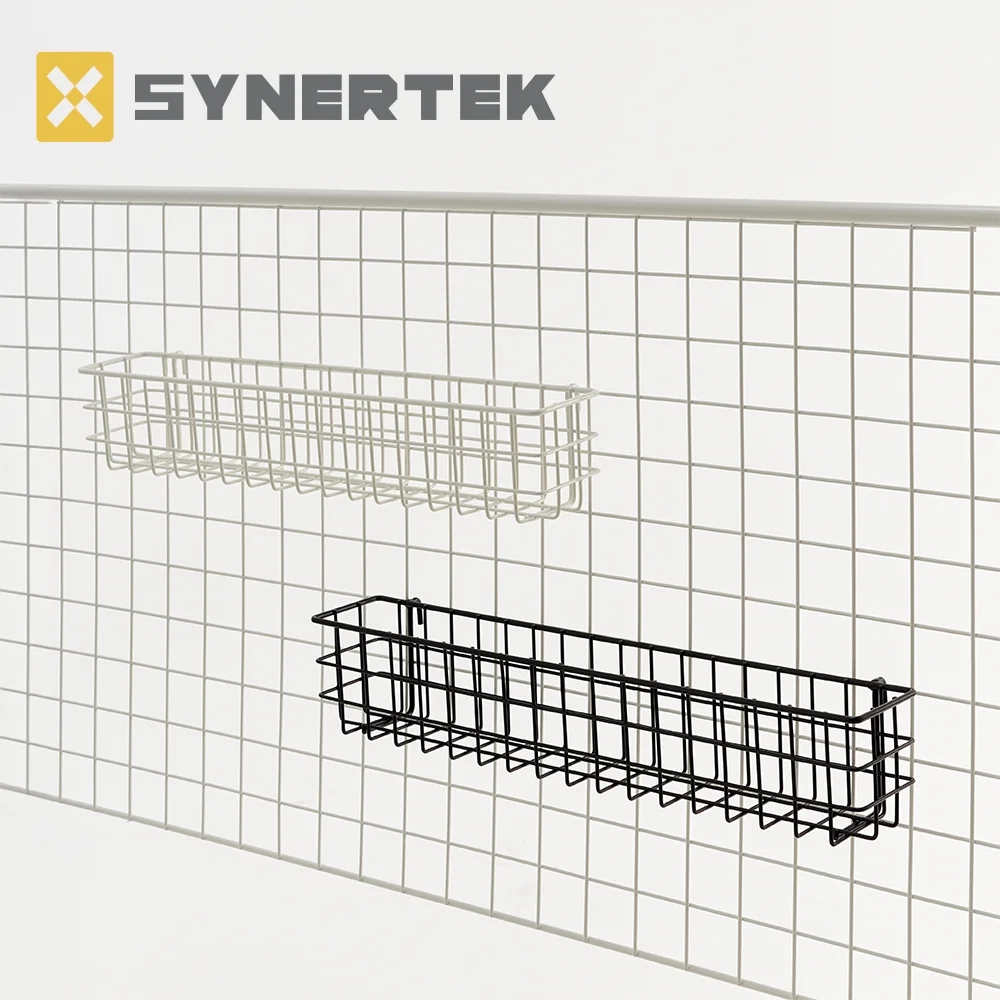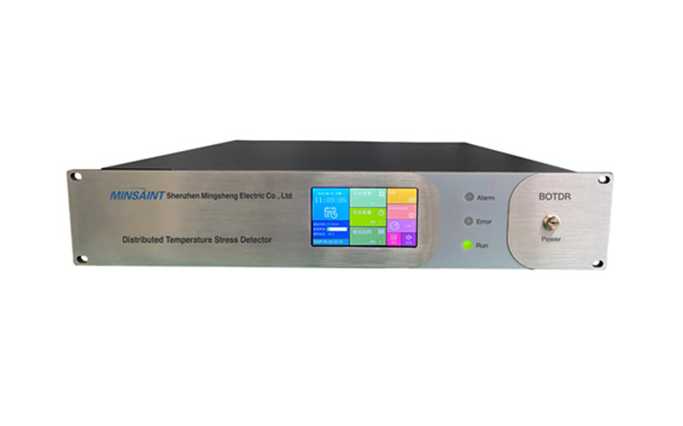
Drywall, also known as gypsum board or plasterboard, is a widely used material in the construction industry. Its versatility, durability, and ease of installation have made it a popular choice for interior walls and ceilings. In this blog post, we will explore the various applications and benefits of drywall, highlighting its importance in modern construction.
- What is Drywall?
Drywall is a panel made of gypsum plaster sandwiched between two layers of paper. It is available in various thicknesses and sizes, making it adaptable to different construction needs. The gypsum core provides fire resistance and soundproofing properties, making it an ideal choice for both residential and commercial buildings. - Versatility in Design:
Drywall offers endless design possibilities, allowing architects and interior designers to create unique and visually appealing spaces. It can be easily cut, shaped, and molded to create curved walls, arches, and other architectural features. Additionally, drywall can be textured, painted, or wallpapered to achieve the desired aesthetic effect. - Fire Resistance and Safety:
One of the key advantages of drywall is its fire-resistant properties. The gypsum core contains water molecules, which are released as steam when exposed to high temperatures, effectively retarding the spread of fire. This feature enhances the safety of buildings and provides valuable time for occupants to evacuate in case of a fire emergency. - Soundproofing Capabilities:
In today's noisy world, soundproofing has become a crucial aspect of building design. Drywall's dense composition and gypsum core help absorb sound vibrations, reducing noise transmission between rooms and floors. This makes it an excellent choice for residential buildings, offices, hotels, and educational institutions where privacy and tranquility are essential. - Durability and Longevity:
Drywall is known for its durability and long lifespan. When properly installed and maintained, it can withstand everyday wear and tear, including impacts, temperature fluctuations, and moisture exposure. Its resistance to cracks and warping ensures that the walls and ceilings remain intact and aesthetically pleasing for years to come. - Energy Efficiency:
Drywall contributes to energy efficiency in buildings. Its thermal properties help regulate indoor temperatures, reducing the need for excessive heating or cooling. This not only lowers energy consumption but also leads to cost savings for homeowners and businesses. - Sustainability and Environmental Benefits:
Drywall is an environmentally friendly choice due to its recyclable nature. Gypsum, the main component of drywall, can be recycled and used in the production of new panels. Additionally, the manufacturing process of drywall has become more energy-efficient, reducing its carbon footprint.
Conclusion:
Drywall is a versatile and indispensable material in modern construction. Its fire resistance, soundproofing capabilities, durability, and energy efficiency make it an excellent choice for a wide range of applications. Whether it's creating visually stunning interiors or ensuring safety and comfort, drywall continues to play a significant role in shaping the buildings of today and tomorrow.





